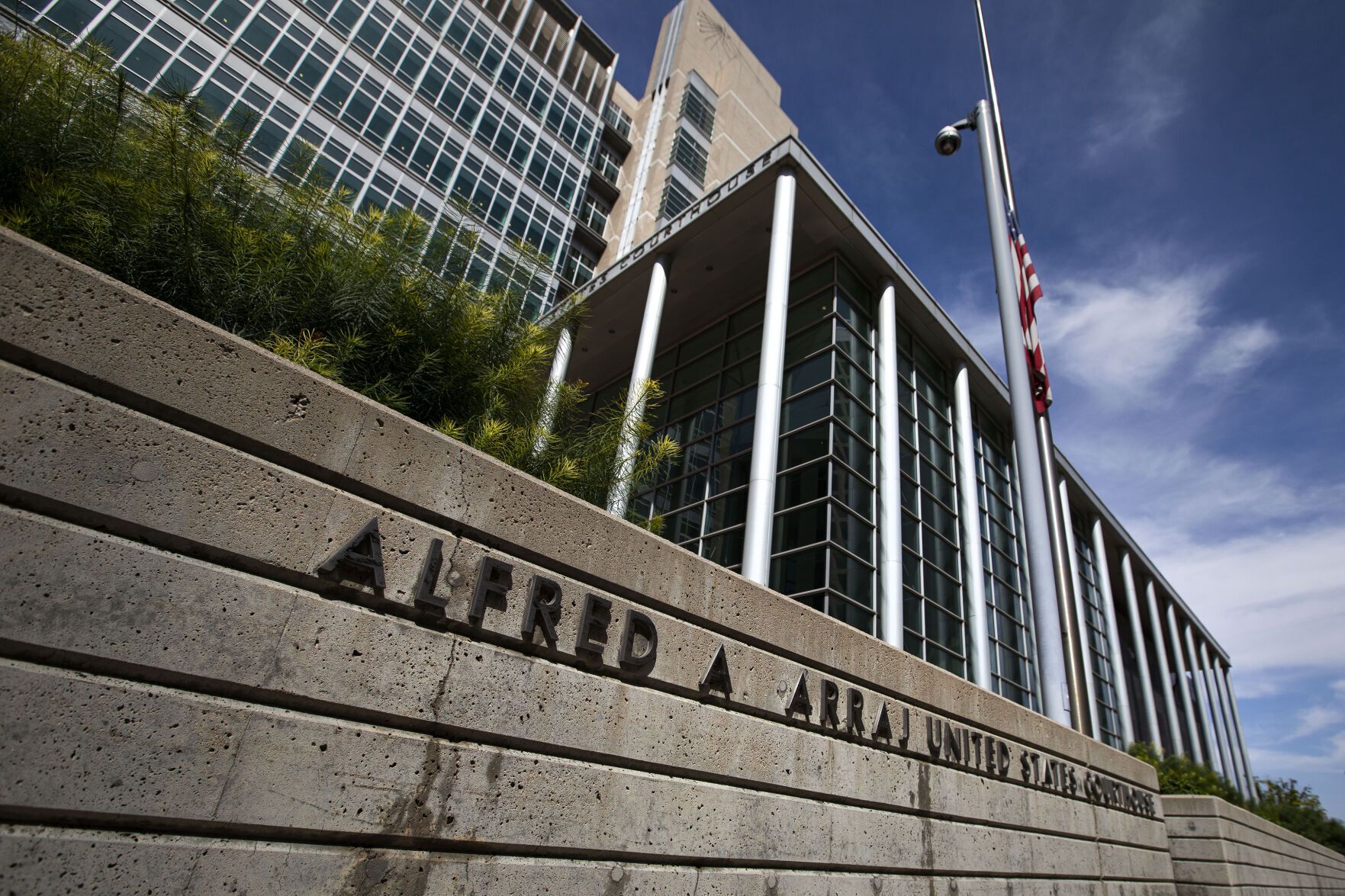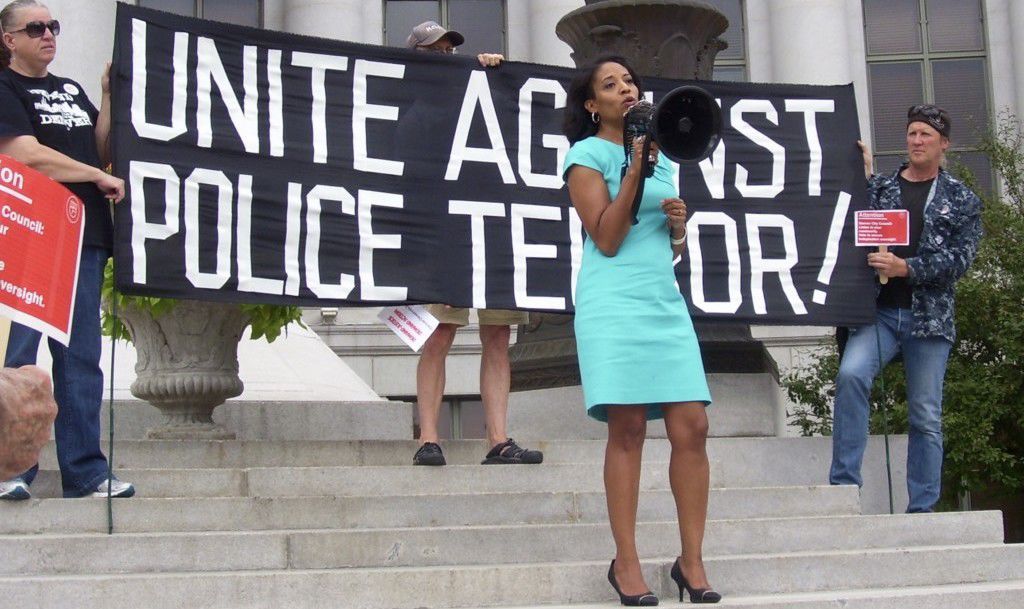Federal judge sides with Denver in Lisa Calderón’s retaliation lawsuit

A federal judge last week concluded a critic of then-Denver Mayor Michael Hancock had not shown that the termination of her city contract amounted to retaliation for her speech.
Lisa Calderón was a mayoral candidate and, for a time, the executive director of the Community Reentry Program. The initiative, designed to provide services for people leaving the jail system, operated under the Colorado Nonprofit Development Center. Calderón was an employee of the center.
At the end of 2017, the city terminated the center’s contract and went with a different provider. Calderón filed suit, alleging her critical statements about Hancock and other city officials prompted Denver to retaliate against her by ending the center’s contract.
In a Sept. 25 order, U.S. District Court Chief Judge Philip A. Brimmer acknowledged there was evidence suggesting some city employees were “motivated to find a way to end Dr. Calderón’s employment with the city because of her speech.” However, he ultimately concluded that the multi-tiered process for screening and approving contracts for the Community Reentry Program did not revolve around Calderón’s commentary.
“Moreover, Dr. Calderón produces no facts to demonstrate why Mayor Hancock would have selected (the center) but for Dr. Calderón’s criticism of him,” wrote Brimmer.

“The City Attorney’s Office is pleased with Judge Brimmer’s ruling, and believes it affirms our position in this case,” the office said in a statement.
Calderón told Colorado Politics she plans to appeal, and maintained the city ended her organization’s contract because of her speech.
“I am not giving up the fight to vindicate my First Amendment rights,” she said. “There is too much at stake to give up and stay silent. Especially today, we cannot let the government dictate what we can say; we cannot allow the government to silence us.”
Calderón argued that the city made its decision after she had spoken out about the lack of diversity on the sheriff’s leadership team, overcrowding in jails and other issues. Denver admitted that Hancock was “personally offended” by some of Calderón’s criticism.
In mid-2017, the city solicited competitive bids to operate the Community Reentry Program. A panel of eight community members selected three finalists. The Crime Prevention and Control Commission, which has 33 members, narrowly voted to award the contract to Servicios de la Raza over Calderón’s group.
From there, Don Mares, the executive director of Denver Human Services, affirmed the selection. The city council approved the contract and Hancock signed it.
In seeking to end Calderón’s lawsuit in its favor without a trial, Denver argued she had not shown a necessary component to her First Amendment claim: That her speech was a motivating factor in the contract decision, and that the city would have acted differently had she not made the statements.

Brimmer agreed.
“Dr. Calderón cites no evidence, disputed or undisputed, as to why Servicios would not have received more votes than (her group) in the absence of her speech,” he wrote. Further, “Dr. Calderón has adduced no facts from which a reasonable jury could conclude that Mr. Mares, the executive director of DHS, chose to award the (Community Reentry Project) contract to Servicios as retaliation against Dr. Calderón for her protected speech, or that he was aware of her speech.”
Calderón also alleged the then-executive director for public safety, Murphy Robinson, inappropriately triggered an investigation into her for negative comments she made about the race of a new departmental manager. Calderón, who disputed the comments, noted she had recently left the city’s employment, where she was chief of staff to then-Councilwoman Candi CdeBaca.
Brimmer again sided with the city, concluding the defendants Calderón named in her lawsuit were not involved with the investigation.
The case is Calderón v. City and County of Denver et al.













